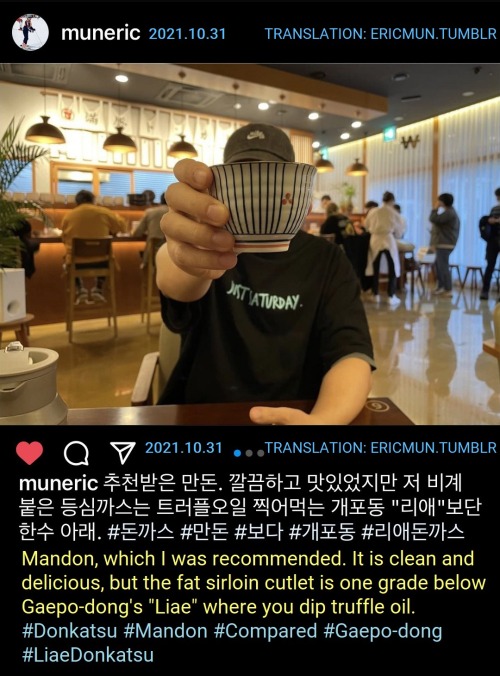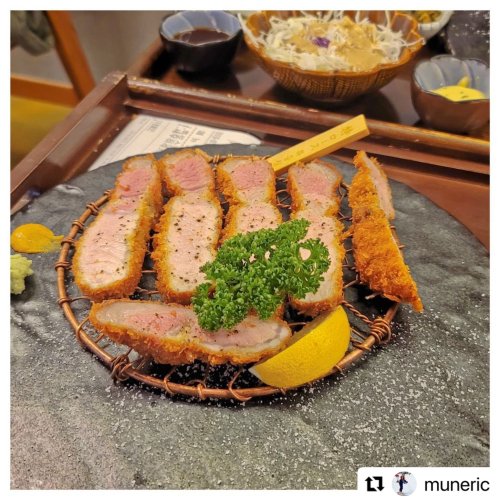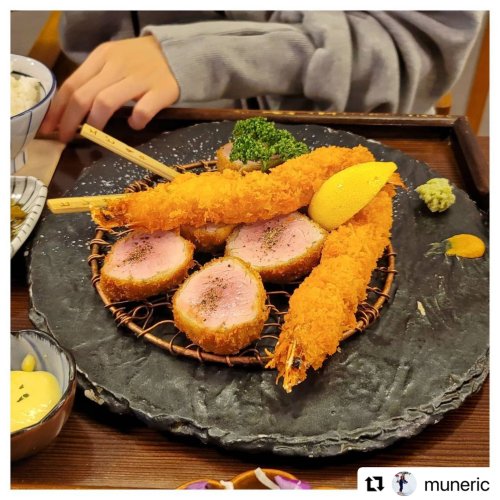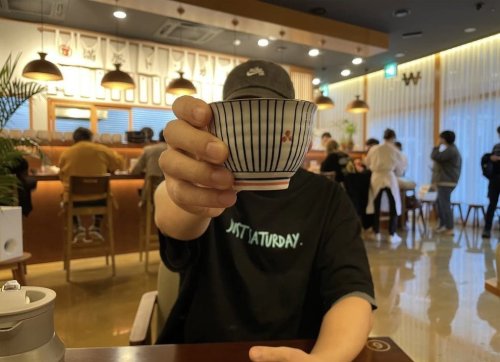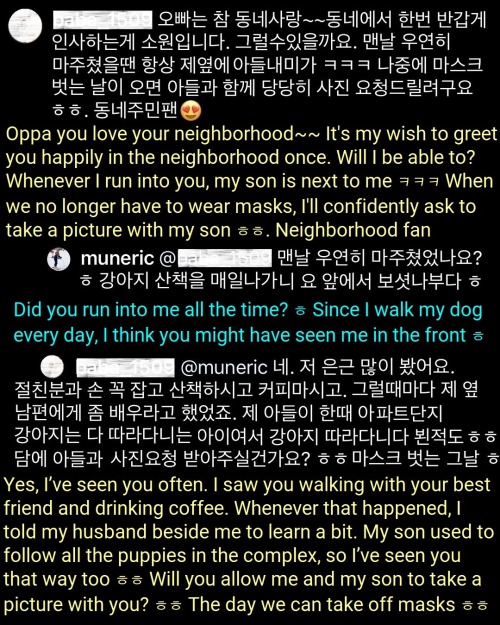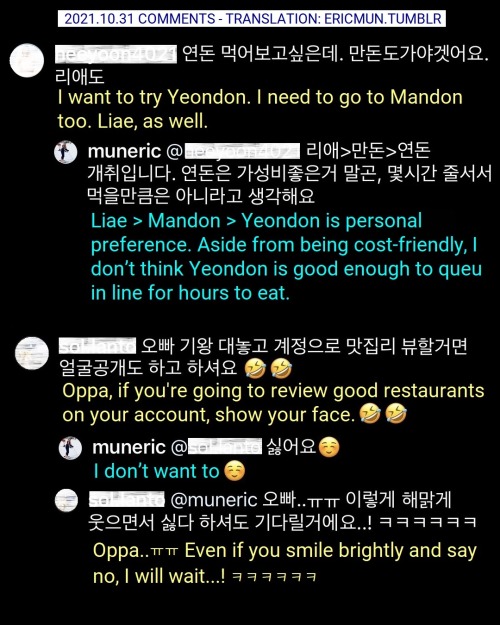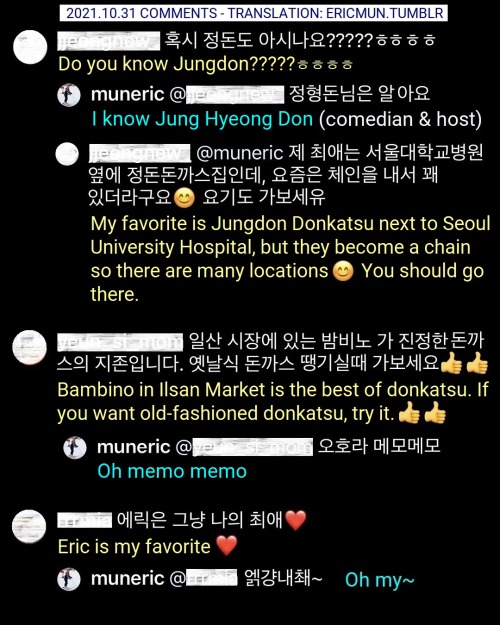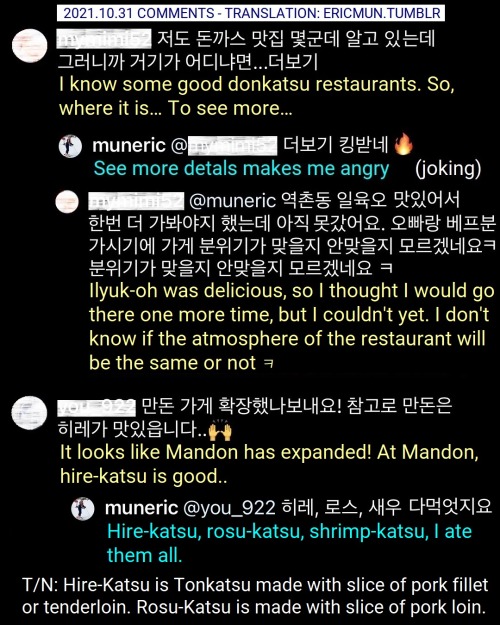#보다
anon asked: I just finished reading your most recent blog and im just confused about something. you give us the translation for boda and bo-eda but why do I sometimes see a different verb beside boda? like meokeoboda? Sorry about the romanization, i dont have a korean keyboard on my phone
Hey! It’s not a problem! If you need help figuring out how to add a keyboard to your phone, it’s simpler than you think! Just go the “keyboard” function in your settings then press “add new keyboard” you should see “Korean” or 한국어.
As for your question, I’m going to assume you’re talking about 어/아/여 보다! If I’m not assuming correctly, then please send me another pm or comment on this blog! Hopefully my assumption is correct though!
V ~ 어/아 /여 보다; try, suggest/order (imperative / attempt; 시도)

Conjugate the stem, then add 보다. Not much else to it!
If we attach ~(으)시다 to the grammar point, then we make it a more formal imperative. But if you use intimate style (반말) with your friends, then conjugating 보다 regularly is fine. Here are some formal examples:
- 치마를 입어 보세요 - Try the skirt on
- 잘 생각해 보세요 - think about it well
- 식혜를 마셔 보세요 - try sikhye (Korean rice drink)
Intimate Style:
Sometimes my Korean friends have a hard time saying something in English, and I have a hard time understanding. Usually when this happens, I say, “한국말로 해 봐” which literally just means, “say it in Korean”. If you’re someone who finds it a bit easier to speak informally (like most learners, lol), then here are some other sentences you can use:
When NCT drops another bop and you’re desperate to share it with your friend, say: 잘 들어 봐 - listen well
When your friend is talking too fast in Korean and you can’t keep up, say: 야. 천천히 말해 봐 - yo, speak slower
When your friend has a big test coming up and you wanna support them, say: 공부 열심히 해 봐! 파이팅 - study hard! fighting
V ~ 어/아/여 보다 + 과거 = 어/아/여 봤어요; have tried (experience; 경험)
Here’s where it get’s interesting! If you conjugate 보다 in the past tense when attached to a verb, it talks about past experience. However, this is a very specific example that has happened in the past (usually a distant past, not one that happened recently). Here are some examples:
- 한국에 가 봤어요 - I’ve been to Korea
- 감자탕 먹어 봤어요 - I’ve tried gamjatang (Pork Bone Stew)
- 어렸을 때 미국에 살아 봤어요 - I lived in the US when I was young
If you want to ask someone if they’ve ever done something, or tried something, then just add a question mark!
- 감자탕 먹어 봤어요? - have you ever tried gamjatang?
- 노래방에 가 봤어요? - have you ever been to karaoke?
- 스키 타 봤어요? - have you ever been skiing?
If you want to say that you haven’t done the thing that they’re asking, then add 안 before the main verb. EX. 아니요. 감자탕 “안” 먹어 봤어요 - No. I haven’t tried gamjatang. You can also use “못” instead of “안”. I have used both in the same context and it means the same thing!
V ~ (보다) + (으)ㄴ 적(이) 있다/없다 = have done V / haven’t done V (experience; 경험)
Another way to express experience in the past with / without 보다 is (으)ㄴ 적(이) 있다/없다. 적 is a dependent noun related to time! Here are some examples:
- 떡볶이 먹은 적이 있어요 - I’ve eaten tteokbokki (Korean spicy rice cake)
- 서울에 산* 적이 없어요 - I have never lived in Seoul!
With 보다:
- 소주 마셔 본 적이 있어요 - I’ve tried soju
- 한복 입어 본 적이 없어요 - I haven’t tried wearing a Hanbok!
*살다 (to live) is an irregular ㄹ verb, therefore ㄹ acts as a vowel/is omitted in most grammatical instances. Other irregular ㄹ verbs you may know: 만들다 (to make), 알다 (to know), 울다 (to cry), 열다 (to open), 팔다 (to sell), many more!
When saying that you’ve watched something, or haven’t while using 보다 in the sense of “to see”, you wouldn’t say 봐 봤어요 or 봐 본 적–, it’s just grammatically incorrect and honestly, unnatural sounding. You would just say 본 적 or 봤어요. The Korean person you’re talking to will understand the context instantly. Here are some examples to illustrate this:
- 영화 기생충 봤어요(?) - Have you seen/I have seen “Parasite”(?)
- 드라마 알랑말랑 본 적이 있어요 - I’ve watched the drama “알랑말랑”
Hope that answers your question! I would say this grammar point is maybe A2-B1! Pretty easy and once you get it, you’ll start to understand some more intermediate sentences a lot better! If you’re still confused, or, again, I assumed wrong, then don’t hesitate to send me another message/pm! I’ll help you right away!
Happy Learning :)
~ SK101
anon asked: I was studying and came across the sentence 별이 보여요. I looked on Papago and I’m confused. anything helps at this point. Thanks!
Hey, no worries! I got you!
The sentence 별이 보여요 actually means “the stars are seen”. 보이다 is a passive verb (수동태), whereas, 보다 is an active verb (능동태). What this means is that the subject either is doing the action or receives action from the verb.
보다 - to see
보이다 - to be seen
Passive and active verbs are super common in English (if used sparingly). For example, you can say, I threw the ball (I did the action to the ball) or, the ball was thrown by me. This shows that the action is done (passive) by the objective me, to the subjective ball.
Here are some more examples in Korean:
- 별을 봐요 - I see the stars
- 별이 보여요 - The stars are seen
- 사자가 토끼를 봤어요 - The lion sees the rabbit
- 토끼가 사자에게 보였어요 - The rabbit is seen by the lion
- 많은 사람들은 영화 기생충을 봤어요 - Many people watched the movie Parasite
- 영화 기생충은 많은 사람들에게 보여졌어요 - The movie Parasite was seen by many people
Hope this answers your question! If there’s any more confusion, please don’t hesitate to pm or send another ask! Happy Learning :)
~ SK101
It’s been a while since my last grammar post, hasn’t it? I was going through my grammar directory and realized I had not yet written anything about this easy-to-use and super useful form!
Maybe you’re comparing prices of two similar objects at the store, or maybe you’re disagreeing with a friend which recent blockbuster was the best. In either case, you can use -보다 to indicate that one thing is more or less (adjective) than something else.
Function
As already stated, we use -보다 to make comparisons. For example, in English we might say something like:
This cell phone is more expensive than that one.
This movie is less exciting than that one.
Junho is smarter than Dani.
All of these are covered by -보다!
Usage
To form a sentence with -보다, you would use the basic format “Y는 X보다 (descriptive verb/adjective)” to mean “Y is more (adjective) than X.” Note that this basic format only works when you want to say that something is more (adjective) than something else. If you want to specify “less than,” you need to use the adverb “덜,” which means “less.”
이 핸드폰은 저것보다 비싸요. (This cell phone is more expensive than that one.)
이 영화는 그 영화보다덜 재미있어요. (This movie is less exciting than that one.)
준호는 다니보다 더 똑똑해요. (Junho is smarter than Dani)
–> Note: Just like we have “덜” to indicate “less,” we also have “더” to indicate “more”! -보다 on its own automatically indicates “more than,” but you can emphasize it a little by adding “더” after -보다.
We can also expand a little bit on the basic format and be more descriptive with our comparisons by using other grammatical structures that we know.
승현 씨는 엘리 씨보다 공부를 잘하지 못해요. (Seunghyun is worse at studying than Ellie.)
이 회사는 전에 일하던 회사보다월급이더 높아요. (The salary at this company is higher than the salary at the company I worked at before.)
–> Note that 더 is separated from -보다 here. A general rule of adverbs in Korean is to try to place them as close as you can to the verbs they modify.
보다 at the start of a sentence??
Sometimes you will see 보다 at the start of the sentence. In this case, it’s similar to -보다 in the sense that they both indicate a comparison. However, 보다 at the start of a sentence (or somewhere not attached to a noun as previously shown) is an adverb that indicates something is more (insert descriptor here) than anticipated. For example:
A: 주혁 씨는 정말 묵묵하네요. (Juhyeok is pretty quiet.)
B: 좀 친해지면 보다 말이 많은데요. (If you become close with him, he talks more than you might think.)
As you can see, Juhyeok is not really being compared to some external thing. Rather, the comparison is expectation vs. reality.
Happy studying!
2021.10.31 Shinhwa’s Eric Instagram Update:
Mandon, which I was recommended. It is clean and delicious, but the fat sirloin cutlet is one grade below Gaepo-dong’s “Liae” where you dip truffle oil. #Donkatsu #Mandon #Compared #Gaepo-dong #LiaeDonkatsu
Comments & Replies:
: Oppa you love your neighborhood~~ It is my wish to greet you happily in the neighborhood one time. Will I be able to. Whenever I run into you, my son is next to me ㅋㅋㅋ When we no longer have to wear masks, I will confidently ask to take a picture with my son ㅎㅎ. Neighborhood fan
MunEric: Did you run into me all the time? ㅎ Since I walk my dog every day, I think you might have seen me in the front ㅎ
: Yes, I’ve seen you often. I saw you walking with your best friend and drinking coffee. Whenever that happened, I told my husband beside me to learn a bit. My son used to follow all the puppies in the complex, so I’ve seen you that way too ㅎㅎ Will you allow me and my son to take a picture with you? ㅎㅎ The day we can take off masks ㅎㅎㅎ
: I want to try Yeondon. I need to go to Mandon too. Liae, as well.
MunEric: Liae > Mandon > Yeondon is personal preference. Aside from being cost-friendly, I don’t think Yeondon is good enough to queu in line for hours to eat.
: Oppa, if you’re going to review good restaurants on your account, show your face.
MunEric: I don’t want to
: Oppa..ㅠㅠ Even if you smile brightly and say no, I will wait…! ㅋㅋㅋㅋㅋㅋ
: I know some good donkatsu restaurants. So, where it is… To see more…
MunEric: View more makes me angry (joking)
: Yeokchon-dong Ilyuk-oh was delicious, so I thought I would go there one more time, but I couldn’t yet. I don’t know if the atmosphere of the restaurant will be the same or not ㅋ
: It looks like Mandon has expanded! At Mandon, hire-katsu is good..
MunEric: Hire-katsu, rosu-katsu shrimp-katsu, I ate them all.
T/N: Hire-Katsu is Tonkatsu made with slice of pork fillet or tenderloin. Rosu-Katsu is made with slice of pork loin.
: Do you know Jungdon?????ㅎㅎㅎㅎ
MunEric: I know Jung Hyeong Don (comedian & show host)
: My favorite is Jungdon Donkatsu next to Seoul University Hospital, but they become a chain so there are many locations You should go there.
: Bambino in Ilsan Market is the best of donkatsu. If you want old-fashioned donkatsu, try it.
MunEric: Oh memo memo
: Eric is my favorite❤️
MunEric: Oh my~
Source:muneric
Translation: EricMun.tumblr
Post link

